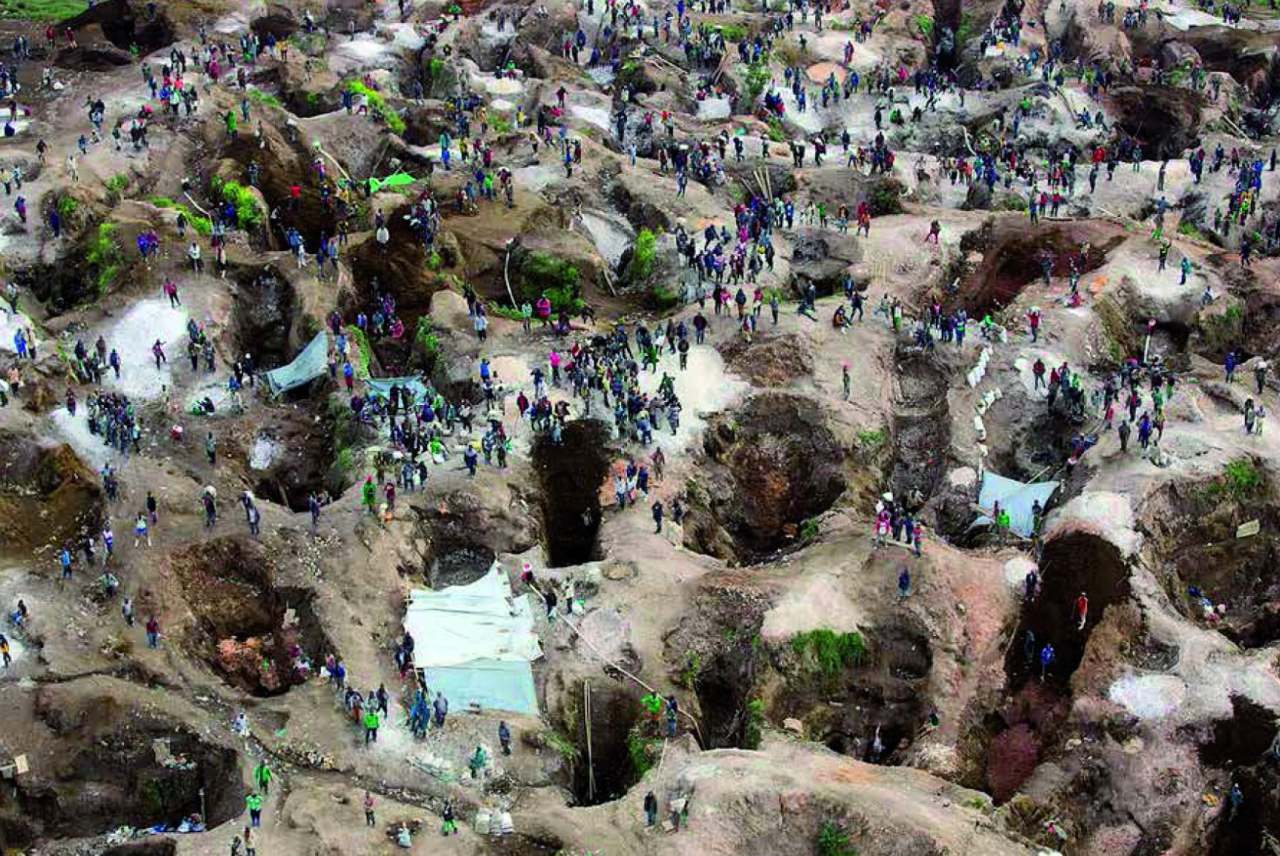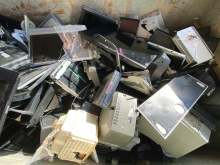Emerging criticisms of the conflict minerals paradigm
We are aware of some emerging criticisms of US-led regulation efforts and the broader conflict minerals paradigm.
On one level, some criticisms scrutinise the regulatory efforts themselves. For example, a 2022 Global Witness investigation found that one of the major tin verification bodies, the International Tin Supply Chain Initiative (ITSCI), had permitted the laundering of conflict minerals. The report alleges that large amounts of minerals from unvalidated mines, including ones with militia involvement or that use child labour, are exported through ITSCI’s supply chain, abetted by widespread corruption and a systematic failure of incident reporting.
Others have argued that even when the system works as intended, and uncertified mines are excluded from supply chains, this only serves to harm the affected local communities. Excluding potentially problematic suppliers might appease worried investors and consumers, but it doesn’t improve artisanal miners’ living conditions or address the root causes of conflict.
Maxie Muwonge, who was a programme manager for the International Organization for Migration when it was tasked with coordinating the validation process, later said this on the exclusion of non-validated mines:
“You are destroying the livelihood of hundreds or thousands of people. This excludes entire communities. What are they meant to do? Do you think these people stopped working?"
A 2022 book by Christoph Vogel, Conflict Minerals Inc: War, Profit and White Saviourism in Eastern Congo, extends these criticisms further. Vogel argues that a single issue focus on conflict minerals ignores local complexities and only really serves the tech companies themselves.
Minerals do play a role in Congo’s conflicts, but are only part of multidimensional, overlapping conflicts that are deeply bound in colonial legacies and struggles for land ownership. In Vogel’s view, the notion that western companies and US-led regulation can ‘save’ Congo quickly slips into white saviourism, and is informed more by colonialist tropes than by the realities of the conflict. It may be comforting to think that buying from one massive US tech firm rather than another could end our complicity in Congo’s ‘forever war’, but the reality is far more complex.
Our rating does expect companies to commit to continue sourcing from the Democratic Republic of Congo (DRC), rather than exit the region entirely, but we do acknowledge that a single issue focus on conflict minerals ignores local complexities of the conflict, that are deeply bound to colonial legacies.
Are any companies taking genuine action on conflict minerals?
Fairphone continues to lead the way on responsible mineral sourcing, and goes far beyond the regulatory due diligence steps. Instead of turning away from potentially problematic areas, Fairphone focuses on engaging with and investing in artisanal miners, who are often viewed by large tech companies as high risk, due to the associations with conflict, child labour and dangerous working conditions, and often banned from international supply chains.
Fairphone correctly identifies that while this ban might give companies clean ESG sheets, it doesn’t actually help the situation. So instead, they work directly with partners on the ground to create transparent and traceable supply chains, improved working conditions, and better wages.
Fairphone also co-founded the Fair Cobalt Alliance, which brings major industry players together with the DRC government and civil society partners. It is the only company on our database to have received 100/100 under our Conflict Minerals rating.







